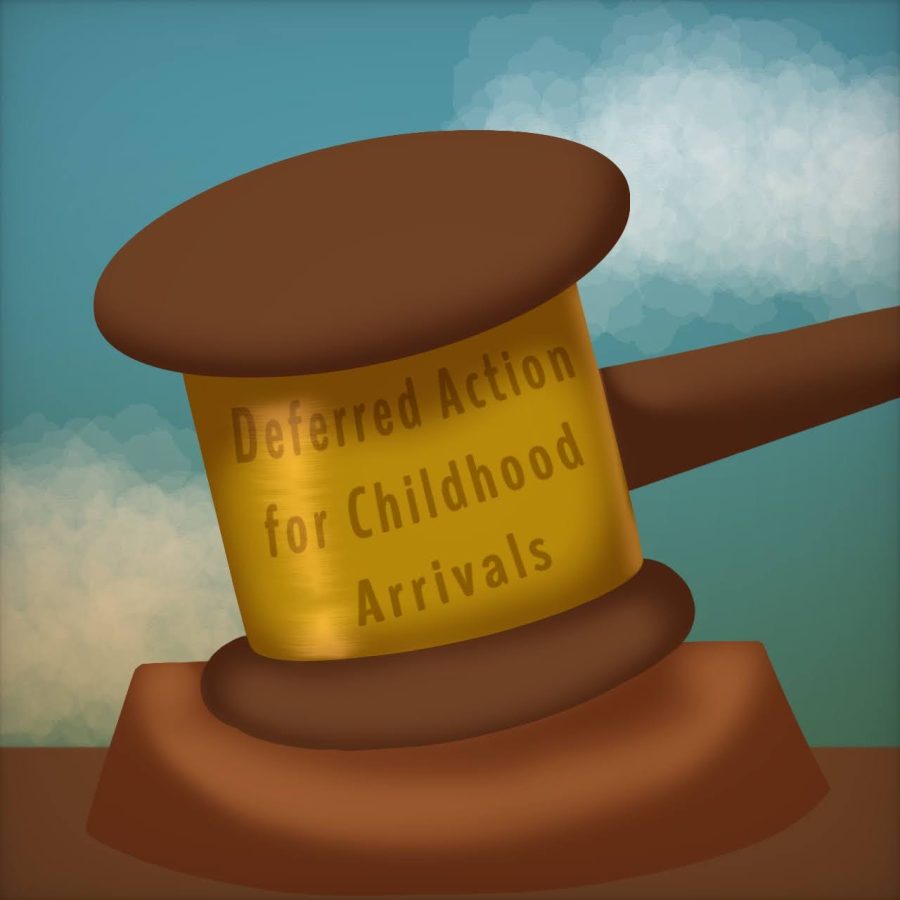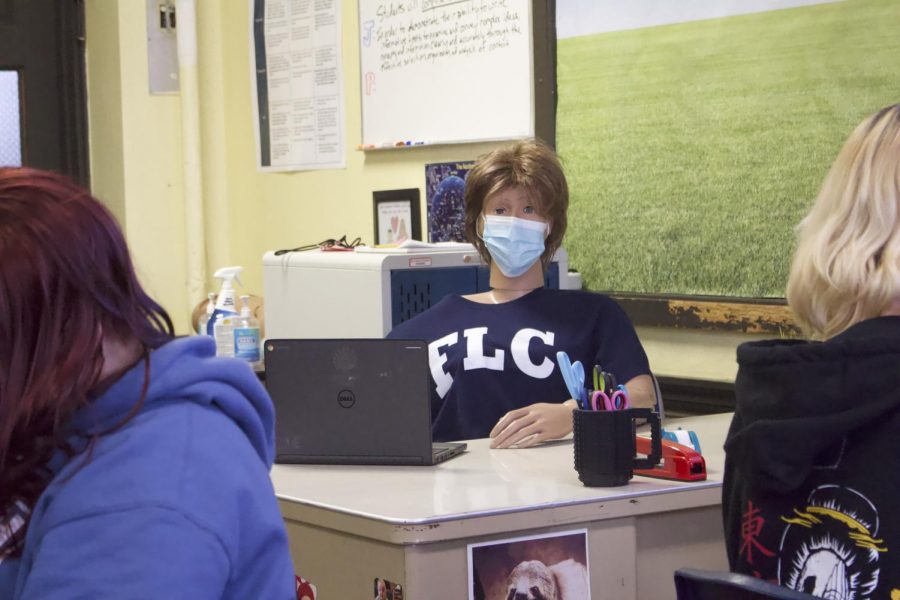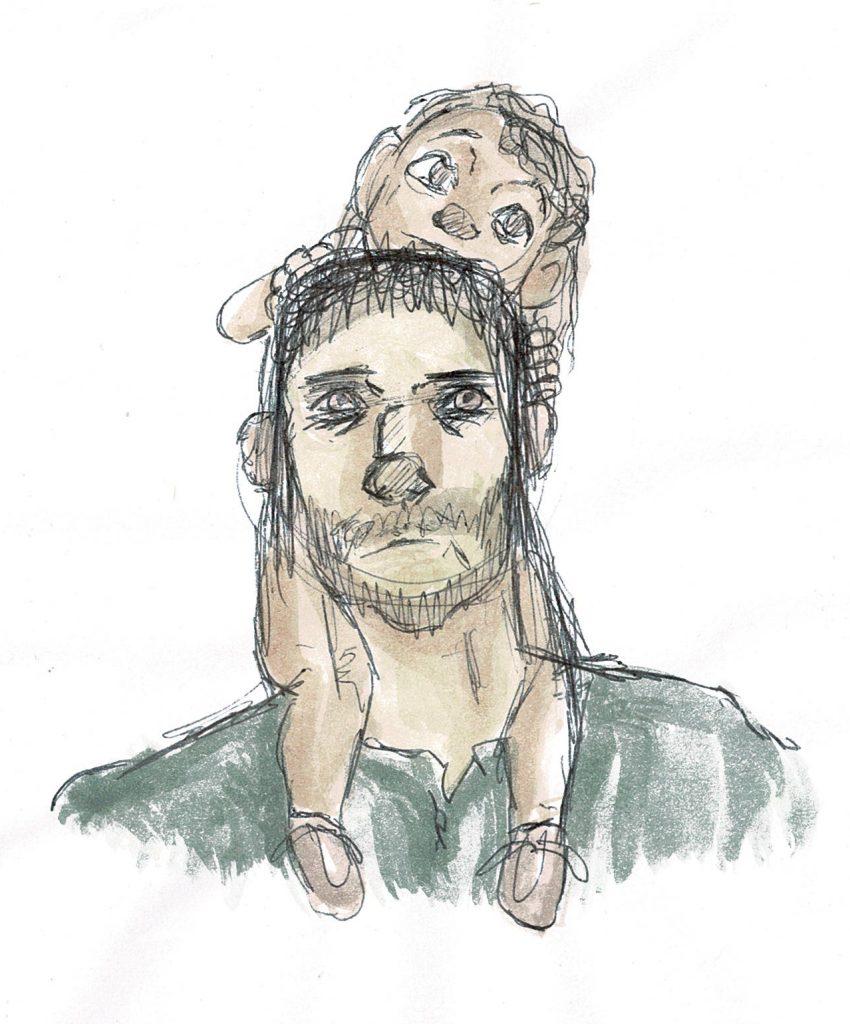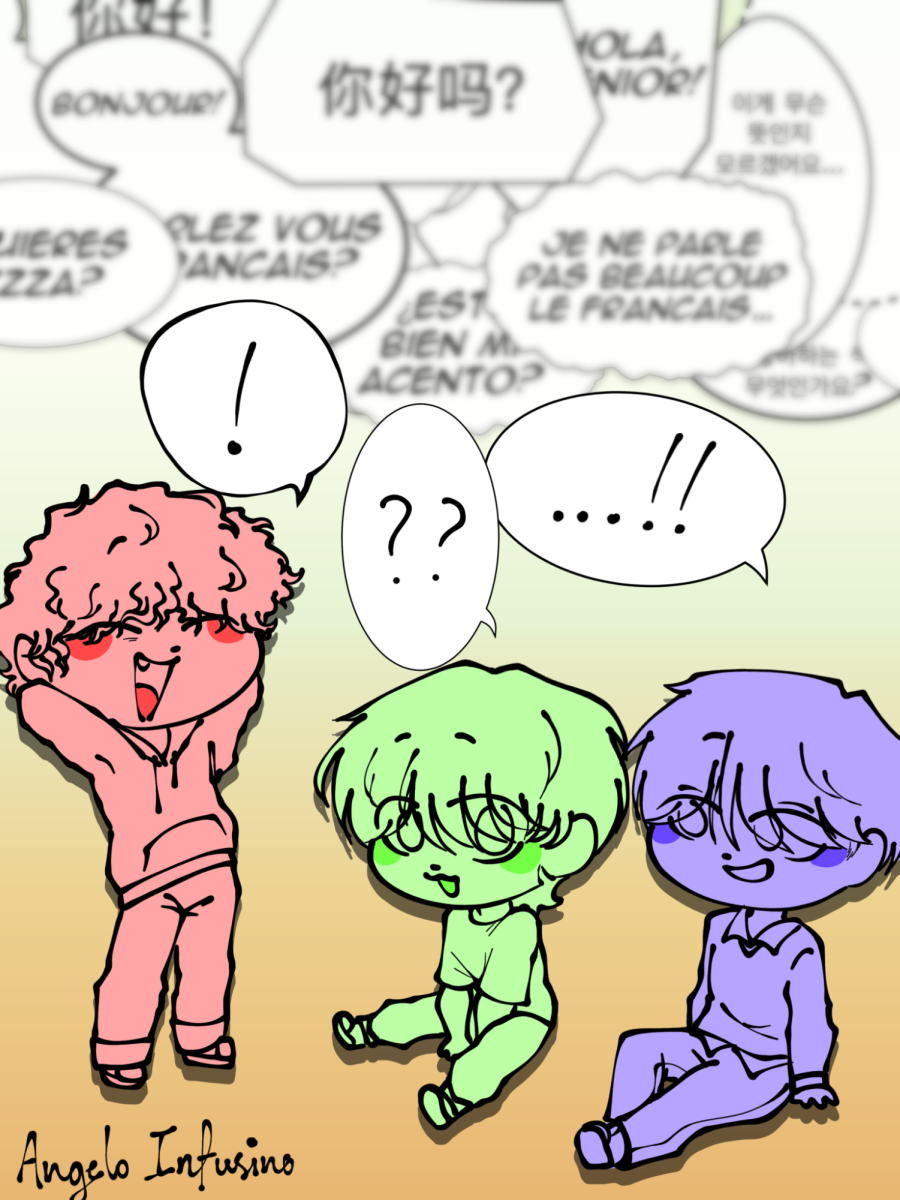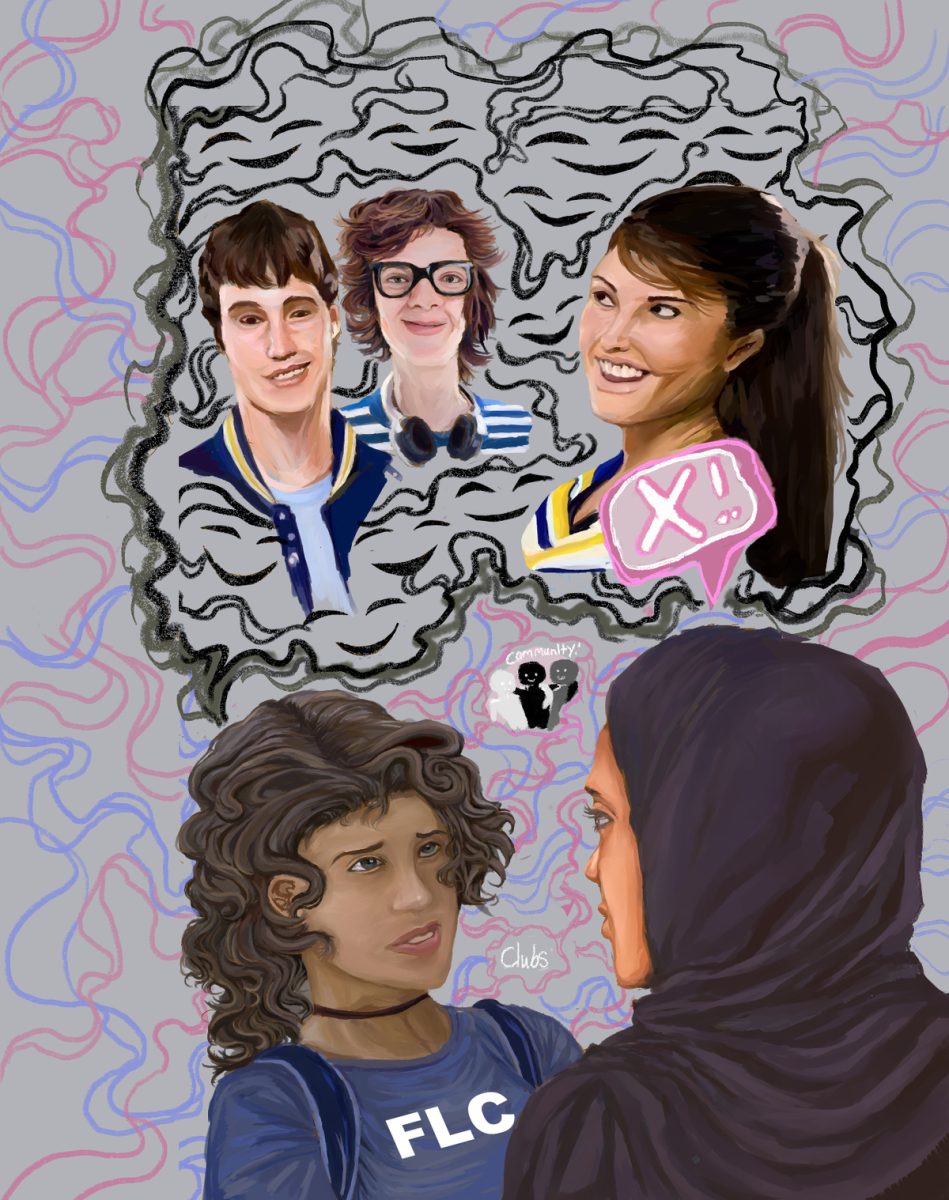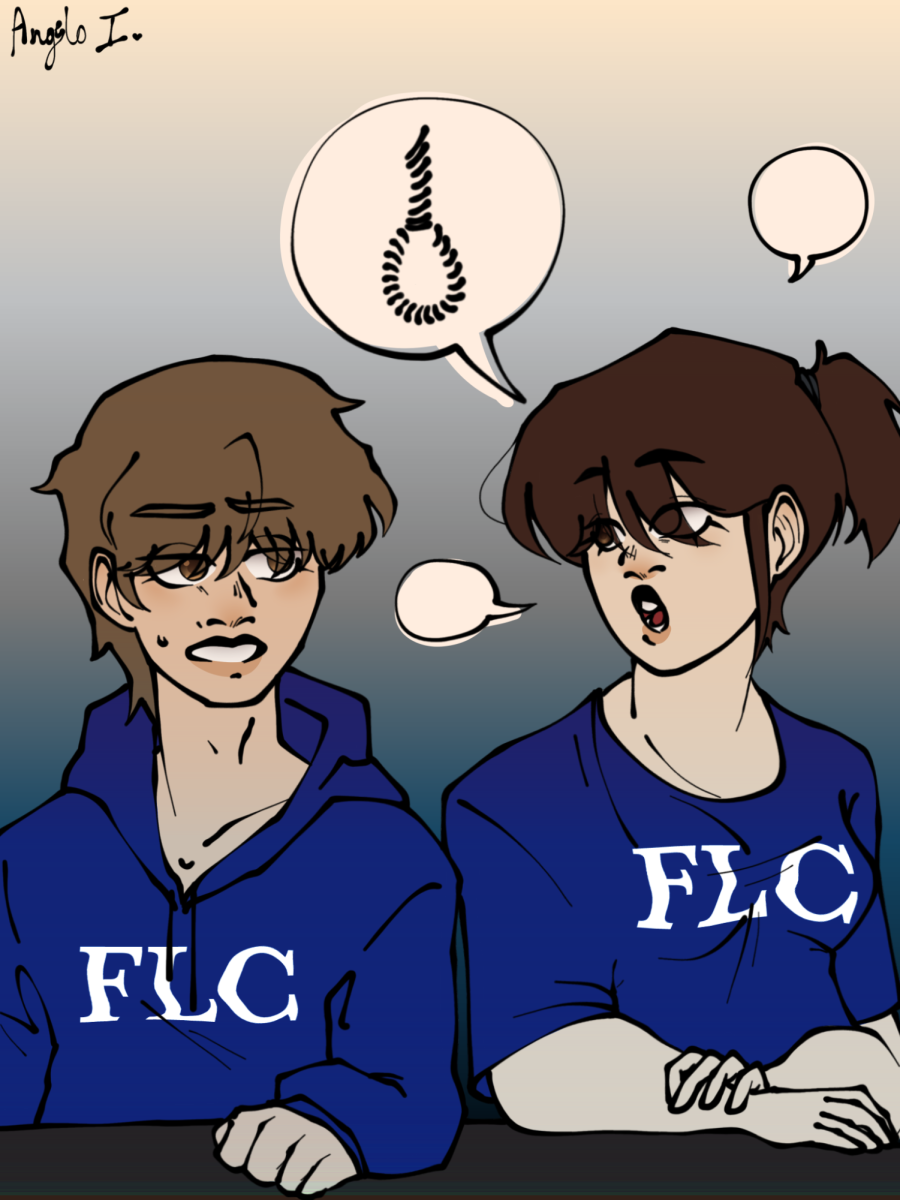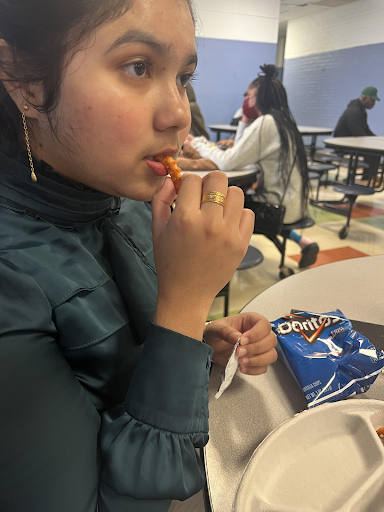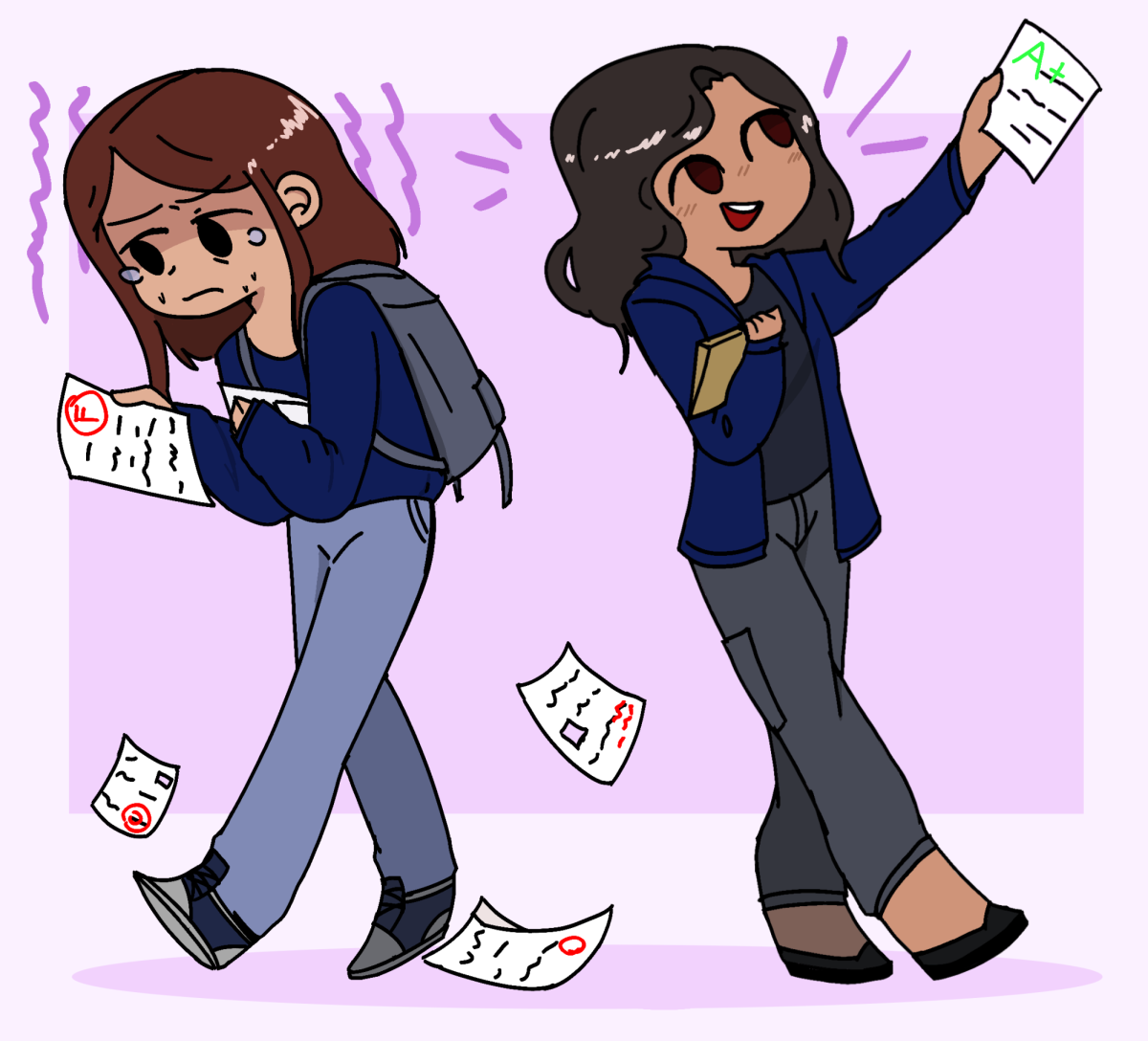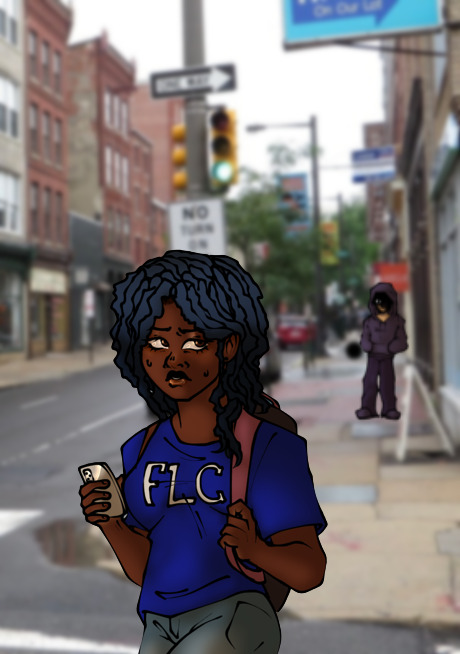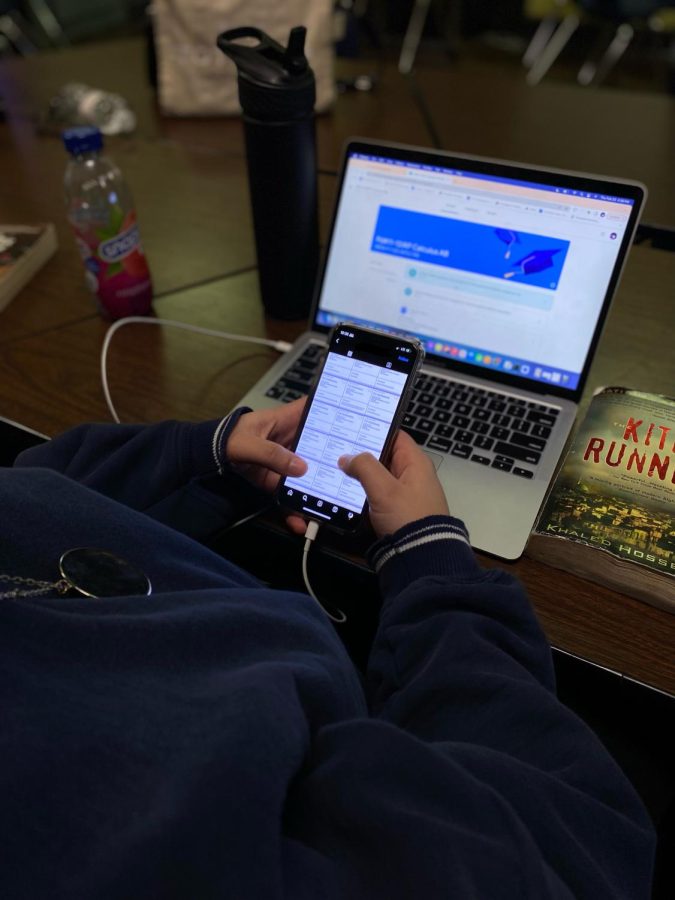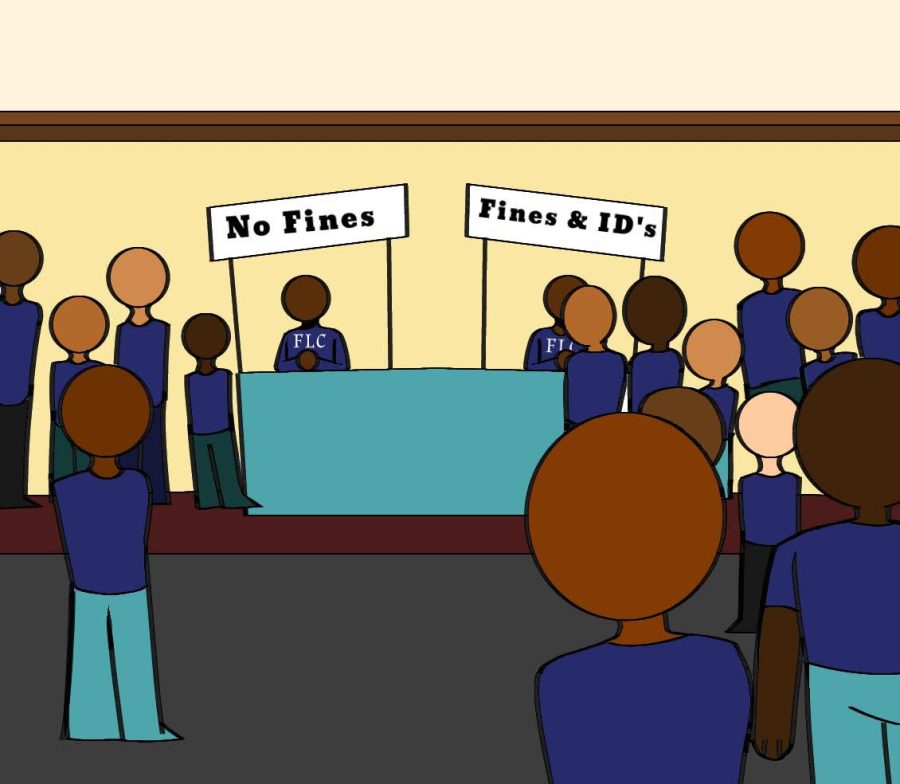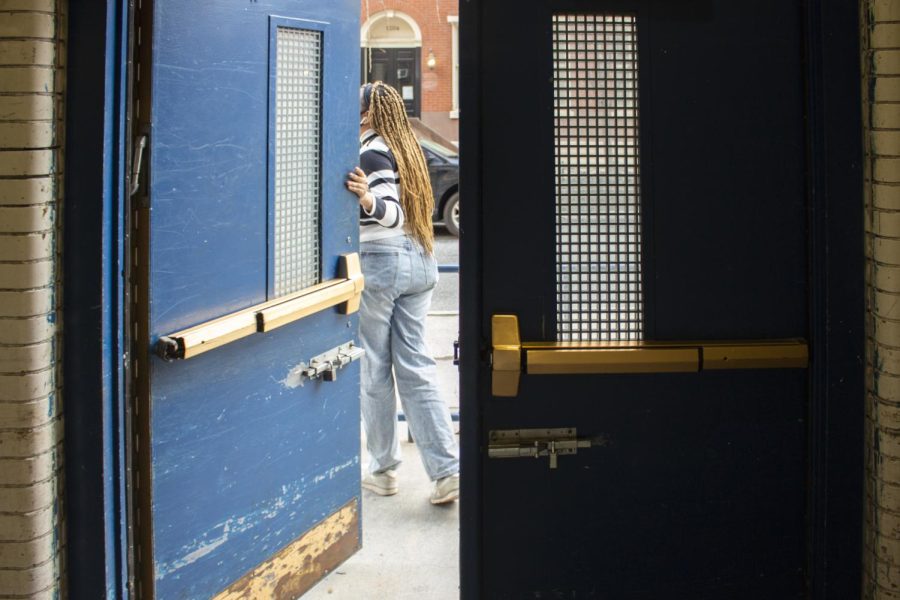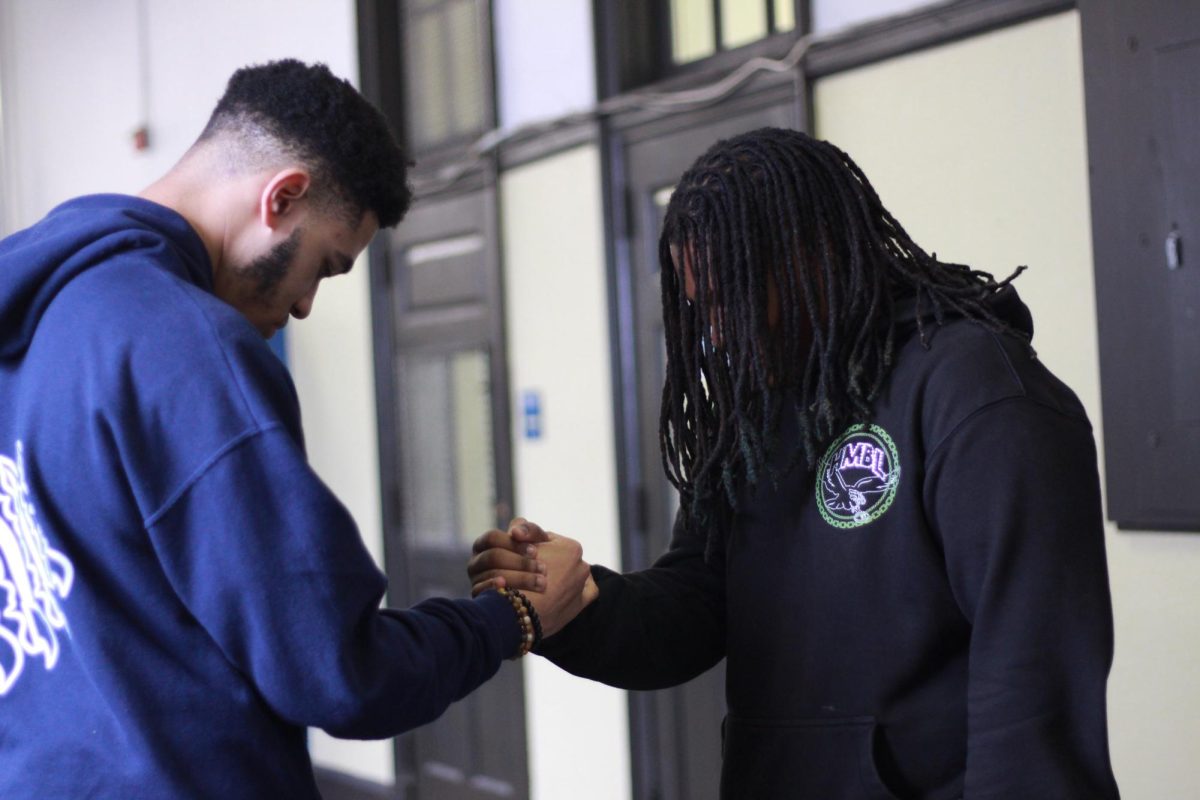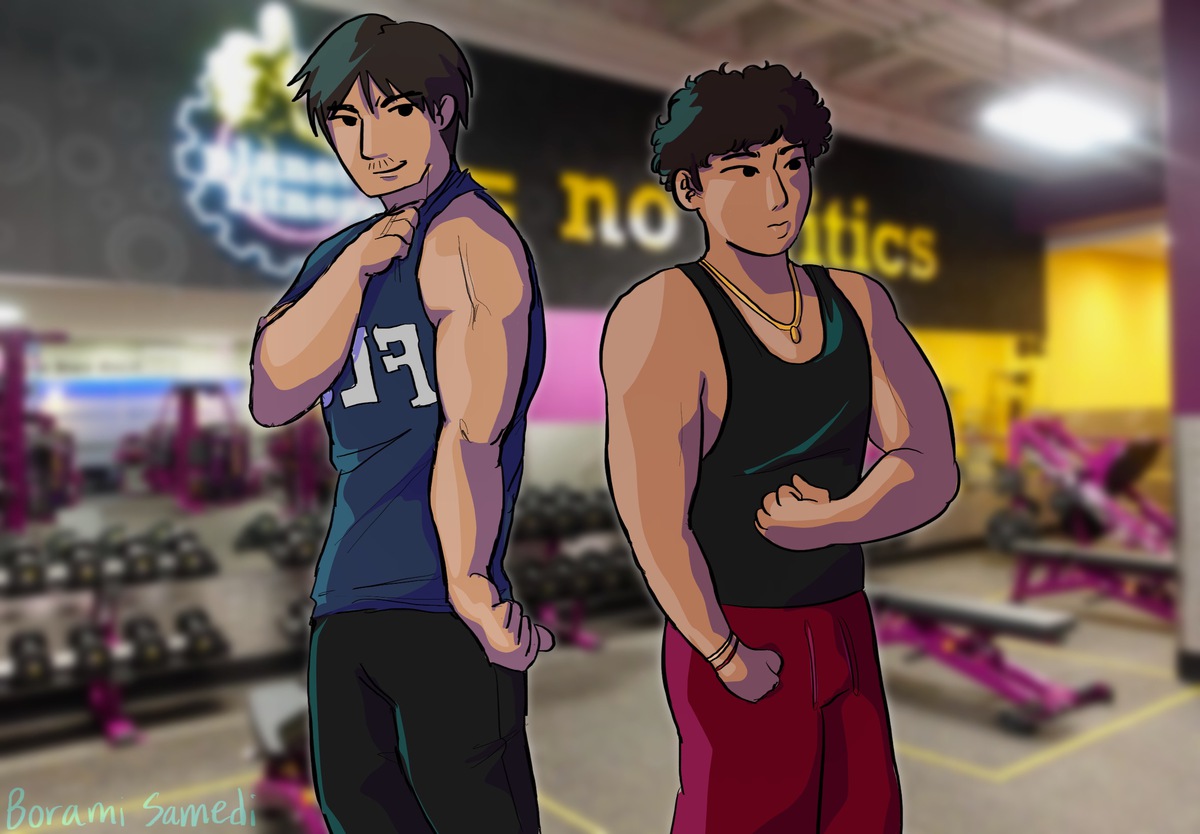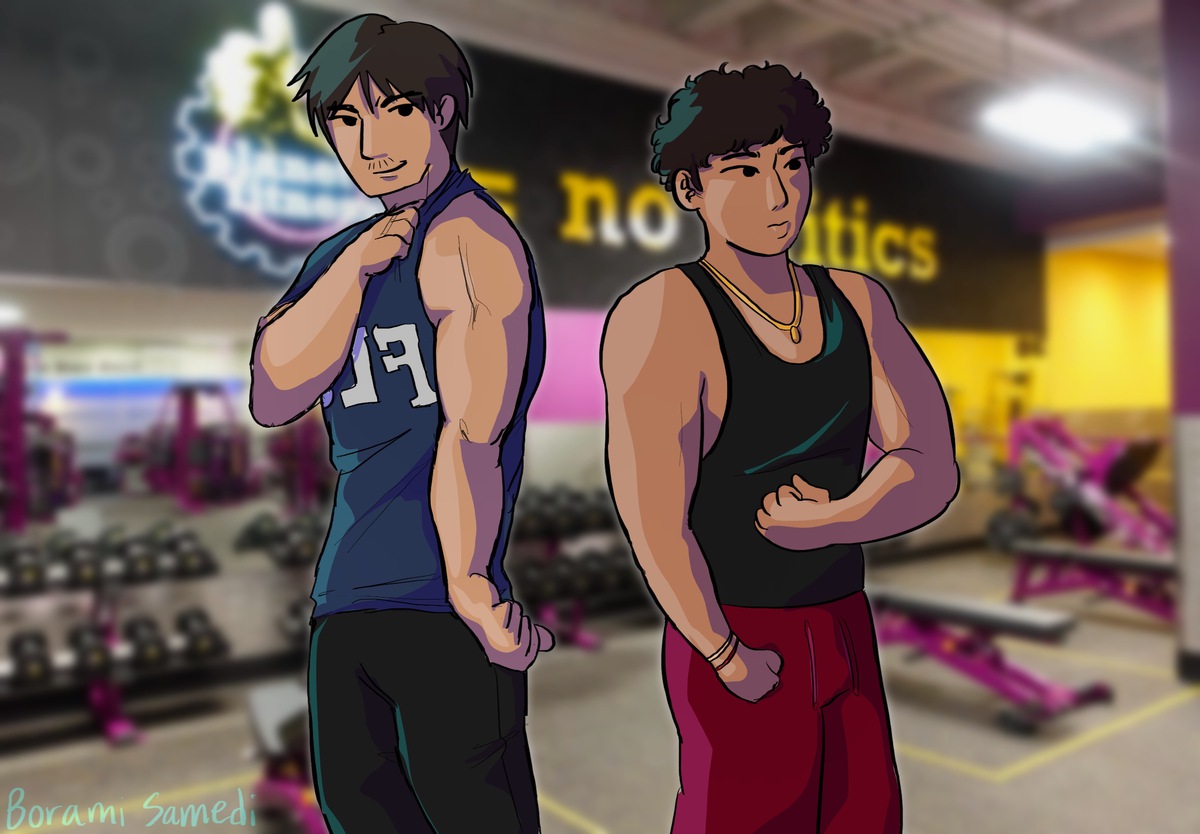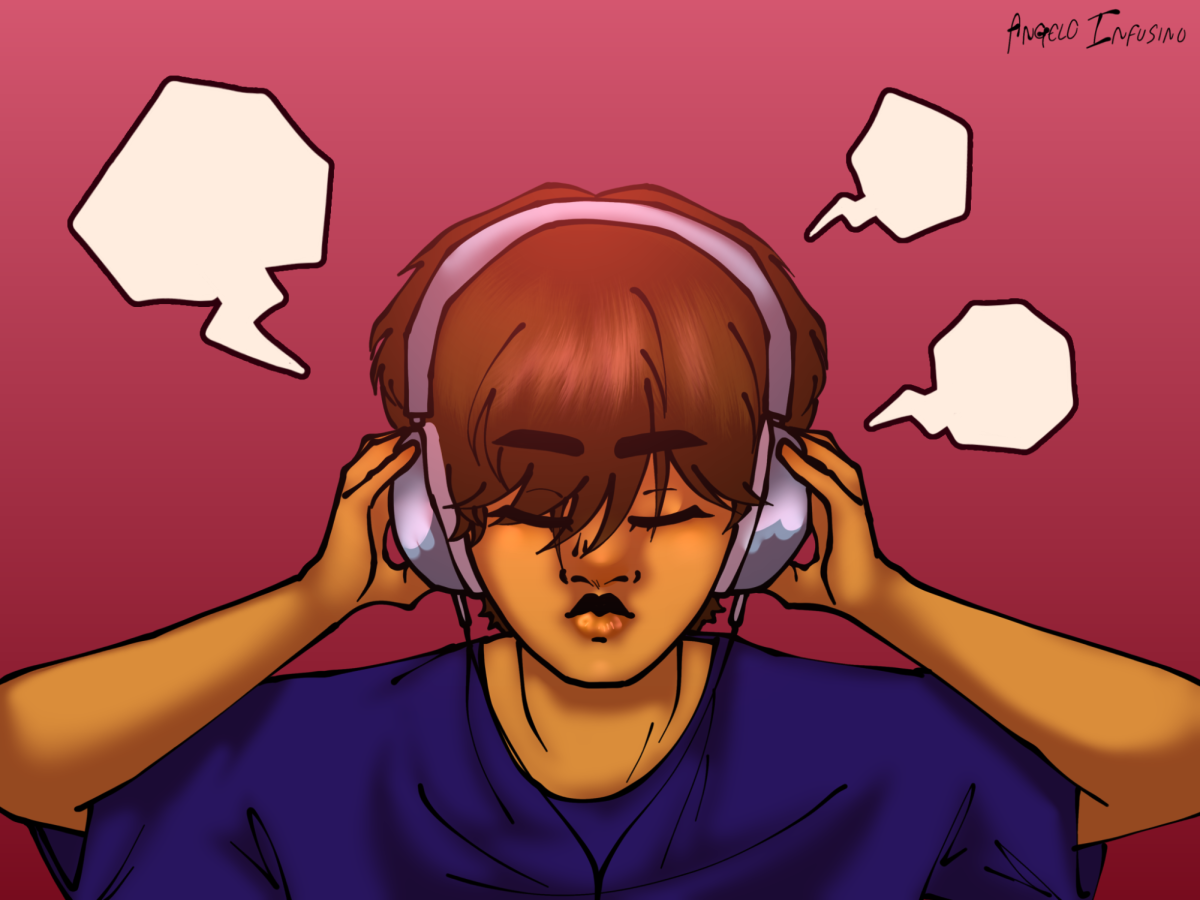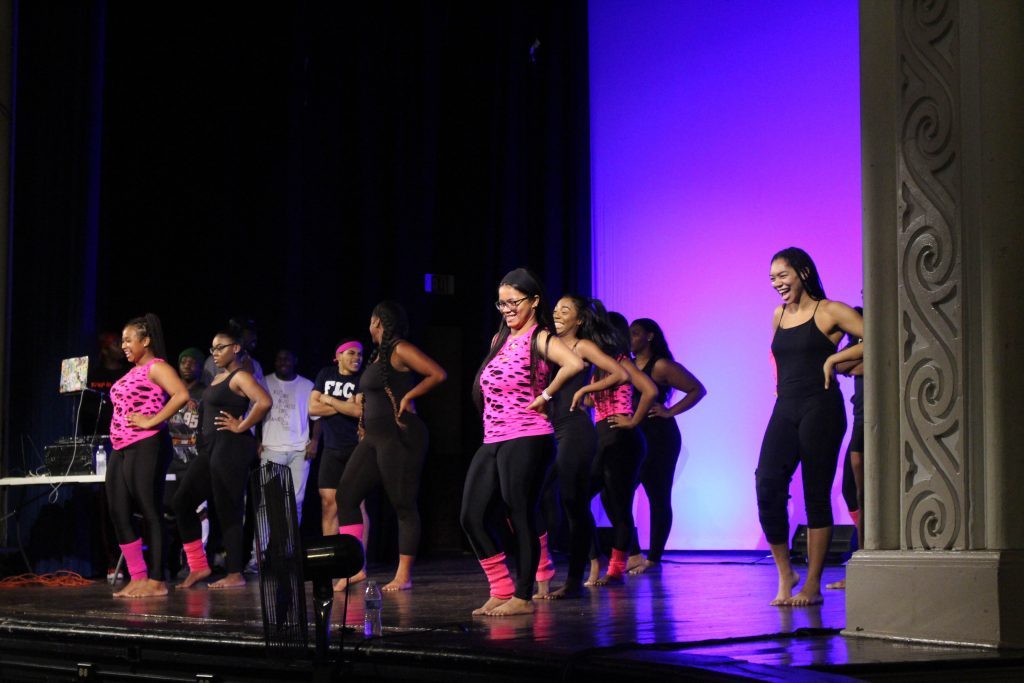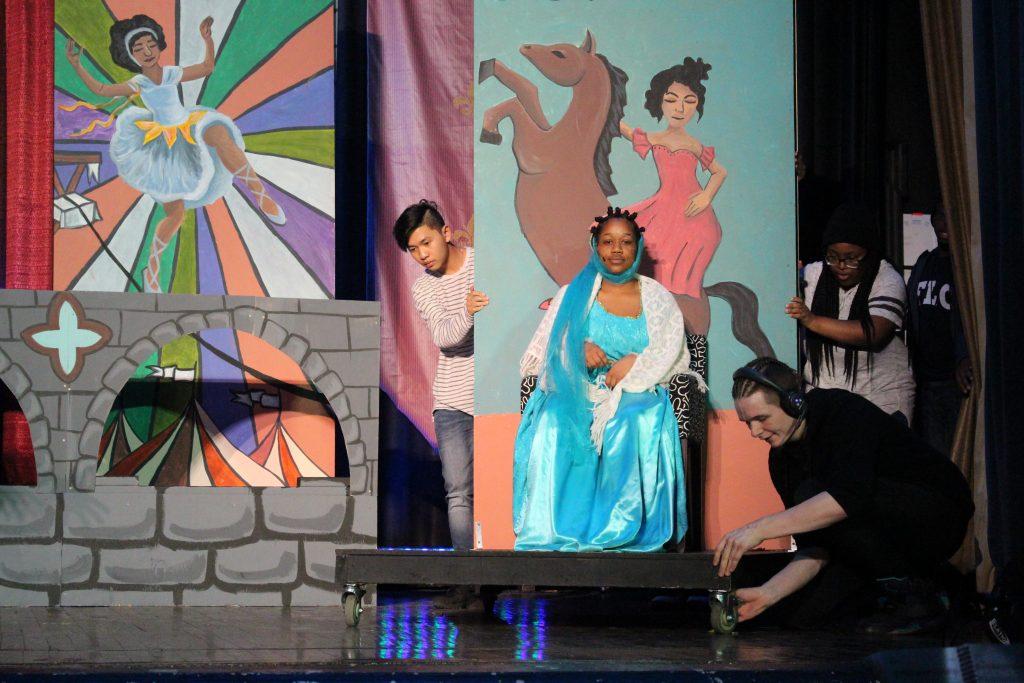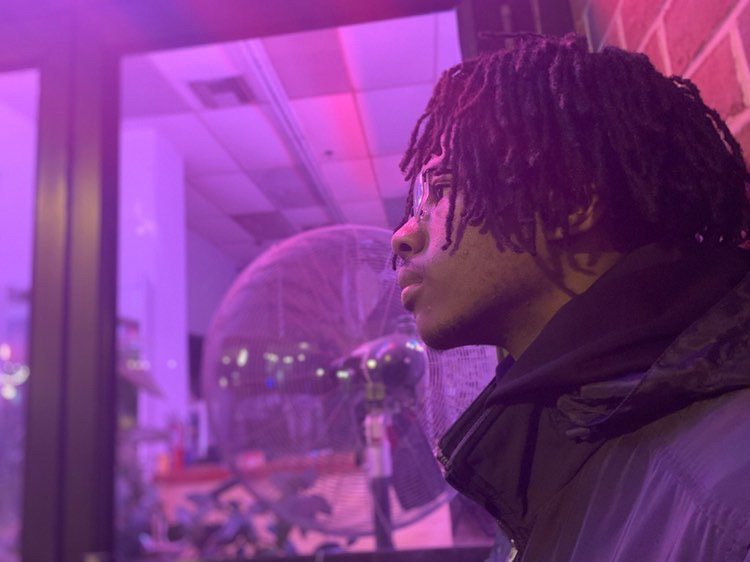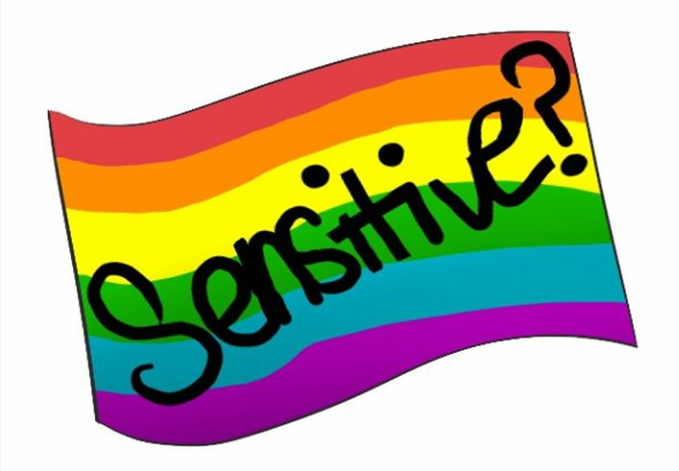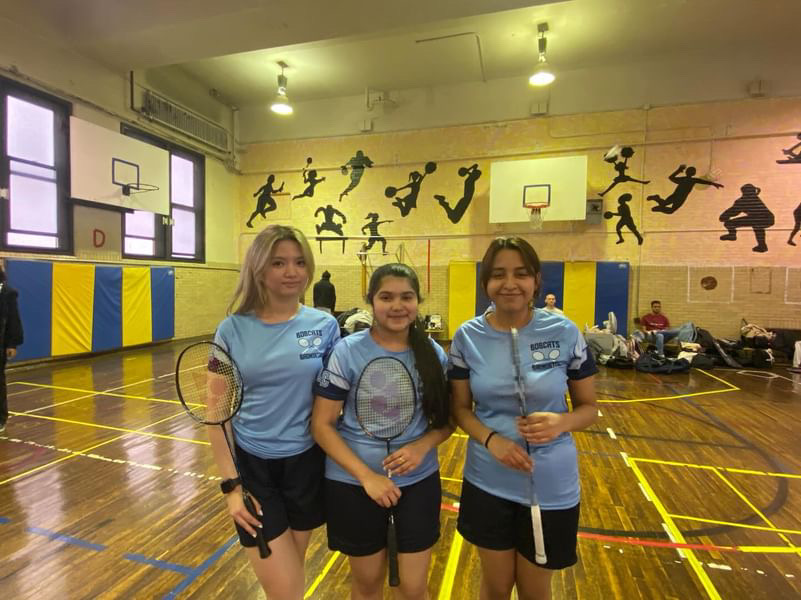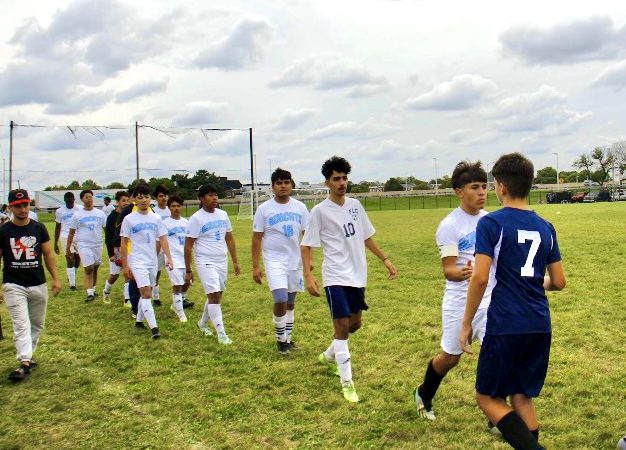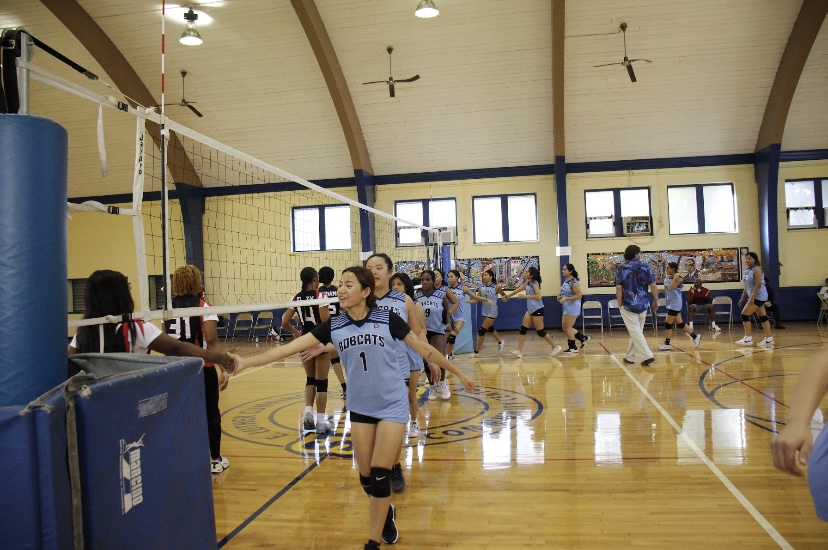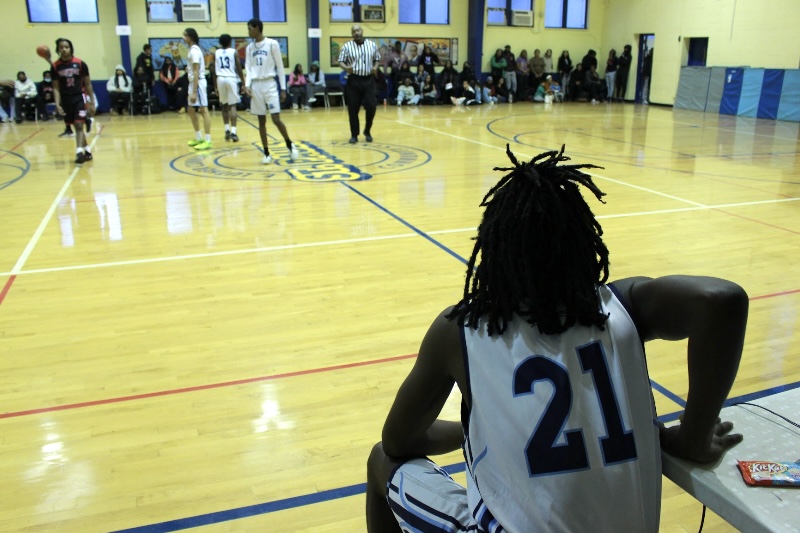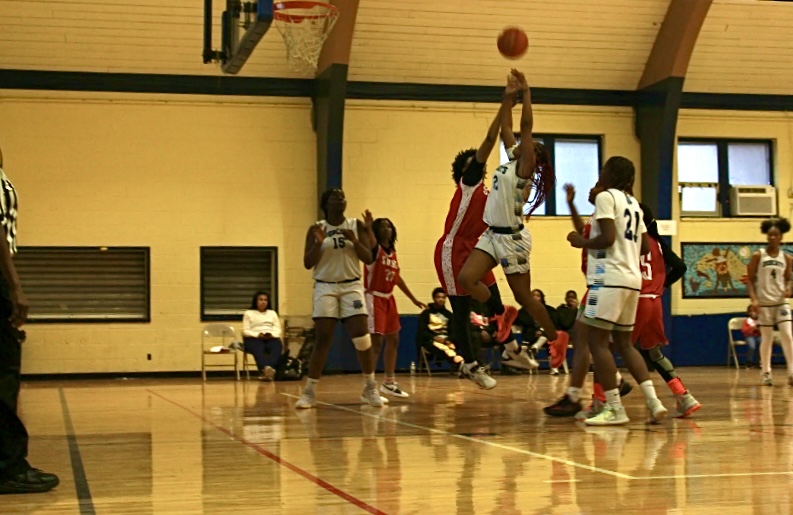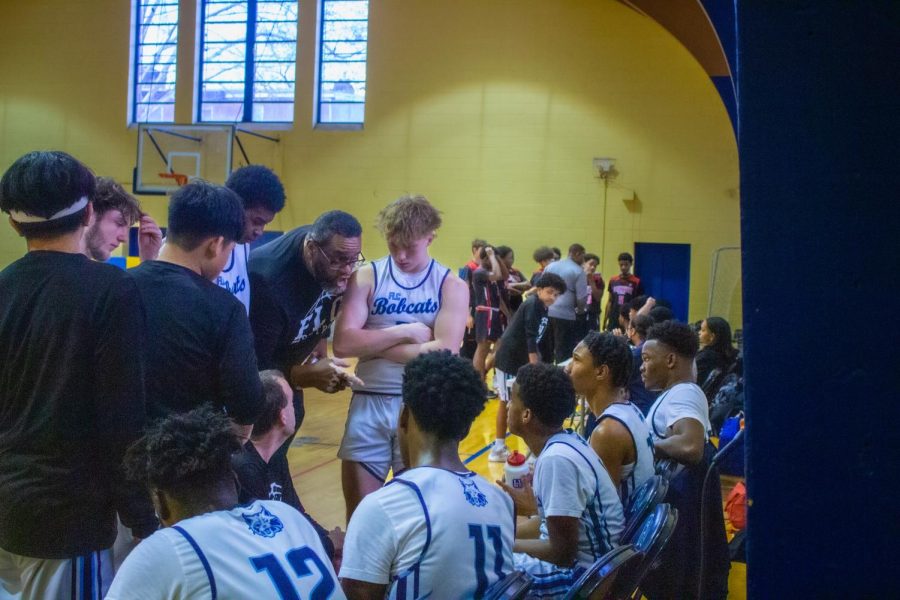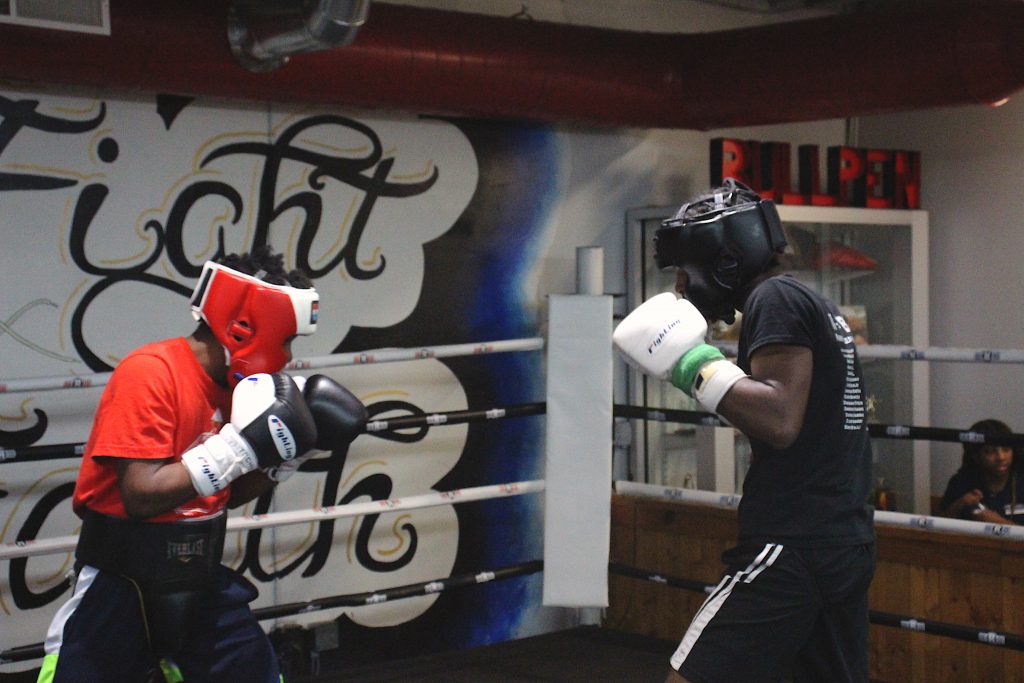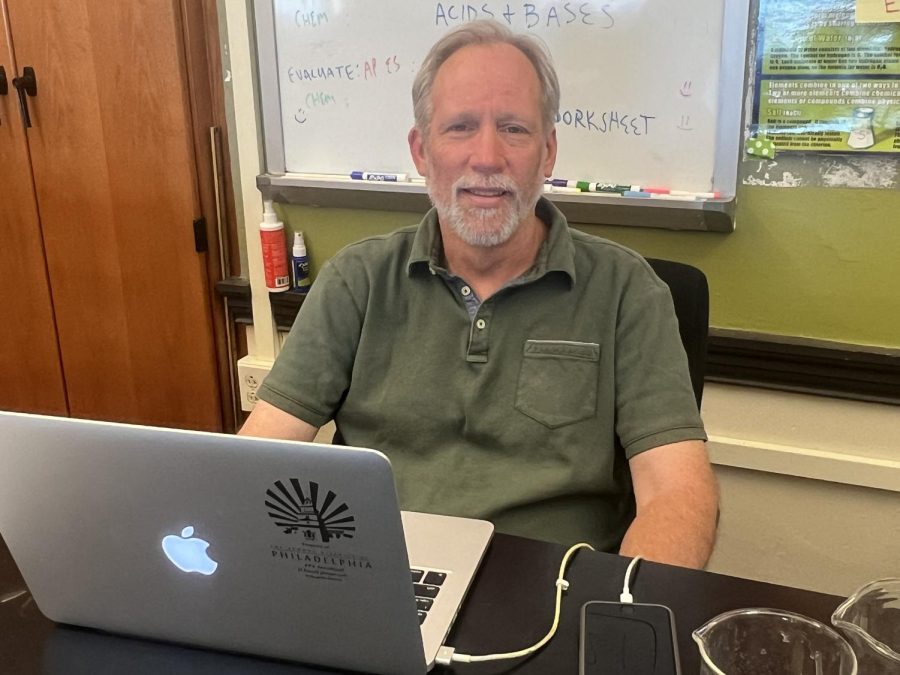A tool that worries
June 7, 2023
Artificial Intelligence has been dominating the internet lately, and has been on the mouths of news outlets over the past couple of months since the beginning of 2023. AI is impressive and extraordinary and opens up a lot of possibilities of what humans are capable of creating using AI.
One particular artificial intelligence that has gotten more attention is ChatGPT. ChatGPT is a tool driven AI technology that allows users to have human-like conversations but also perform certain tasks like writing an essay, composing emails, and coding.
ChatGPT has gained more than 1 million users in just five days after its release, and has over 100 million users according to an analysis conducted by Swiss Bank between February 2023 to April 2023. It has also become the fastest growing app of all time, beating out TikTok and Instagram in terms of reaching 1 million users.
However, recently ChatGPT has been in the center of controversy regarding its use in school grounds. In fact, many school districts are considering banning the use of AI in their school grounds for next year. Many teachers and college professors express their concerns about students using the chatbot to cheat on their assignments.
According to a survey conducted by Intelligent.com on college students, they found out that 30% of college students use ChatGPT to do written homework, and almost 60% of college students use it to complete half of their assignments. These actions raise the question of the ethical use of this type of AI technology, but surprisingly, in this same survey, 3 out of 4 college students think it is a way of cheating but still use it.
In fact, Darren Hick, a philosophy professor at Furman University, caught a student turning in an AI generated essay by ChatGPT a few weeks after its launch. Antony Auman, a religious studies and philosophy professor at Northern Michigan University, also caught two of his students submitting essays generated by ChatGPT. Both professors used the chatbot to ask the app how likely the essays turned in by the caught students were generated by AI, and both professors got a 99% chance.
Although both professors admit that the essays were well written, they both were alarmed by the amount of misinformation used within the students’ essays. But how does it affect high schools? Well for starters, many school districts around the country are banning ChatGPT from their devices and network. For example, the Los Angeles School District is banning ChatGPT in their public schools as well as the New York City School District, although the ban was reversed a week ago.
In FLC, there have been reports of students using ChatGPT to write their assignments and there have been occasions where teachers advise their students to not use ChatGPT. Although FLC as a school hasn’t said anything about the app, it is clear the teachers know of its existence.
Mr. Prohaska, a science teacher at FLC, mentions that he has used the app himself. “I was using it to come up with travel itineraries. It was pretty accurate” responds Prohaska. And although he only used it once, he said that using the app was interesting.
Regarding his students using the app in his class for next year, Prohaska says that “I don’t really have scenarios where I’m having enough writing to really worry about it. You know, I know what answers I shouldn’t be seeing from students and then I have got things written to me that are in language that I know my students don’t know. It’s pretty easy for me to tell. It’s also why I make you show your work on my test when there’s math involved. Because if you don’t show your work for me, then I know you didn’t do it yourself.”
Prohaska also mentions that although teachers don’t mention ChatGPT that often, he states that the English teachers are far more aware of its usage for their assignments when it comes to detecting plagiarism. An example of those English teachers is Ms. Garvey, who usually warns her students about using ChatGPT for her assignments.
Jane Rosenzwigs, a director of the Writing Center at Harvard said, “When we teach writing, we’re teaching people to explore an idea, to understand what other people have said about that idea, and to figure out what they think about it. A machine can do the part where it puts ideas on paper, but it can’t do the part where it puts your ideas on paper.” A student does not have to be an expert on the structure, syntax, vocabulary, grammar and spelling since ChatGPT does things much more efficiently than a human.
However, Prohaska thinks that ChatGPT can have more benefits if used correctly in schools. “I could see how this app might be useful in helping students who struggle with writing skills. I could see how this could be used for students who may have reading challenges. I could see how English language learners could benefit from this app to a certain degree.” Of course, Prohaska doesn’t discard the potential risk of students using the app to cheat and is well aware that students should be doing their own work rather than an AI.
A professor at Stanford University, Erik Brynjolfsson, has said that AI exist for a good reason, that its a phase change, almost like water going to steam, another level of abilities. Brynjolfsson wants to embrace ChatGPT, stating “I think we’re going to have potentially the best decade of flourishing of creativity that we’ve ever had, because a whole bunch of people, lots more people than before, are going to be able to contribute to our collective art and science.”
So should AI be a concern for schools next year? Well the answer could go either way. There are many schools that want to embrace the AI tool to benefit both students and teachers. An English teacher in Oregon assigned one of her students to use ChatGPT to create an outline to compare two 19th century stories about gender and mental health. Not only did the outline created by ChatGPT create a deeper understanding for students, but students were engaged to write longhand within the outlines.
The usage of these types of AI technology could have a positive and negative impact on students’ learning capabilities. Teachers seek originality and student understanding of their assignments and are worried that an AI would strip those abilities away. But if used correctly, AI could be a powerful tool for schools to embrace and make learning much more easier.

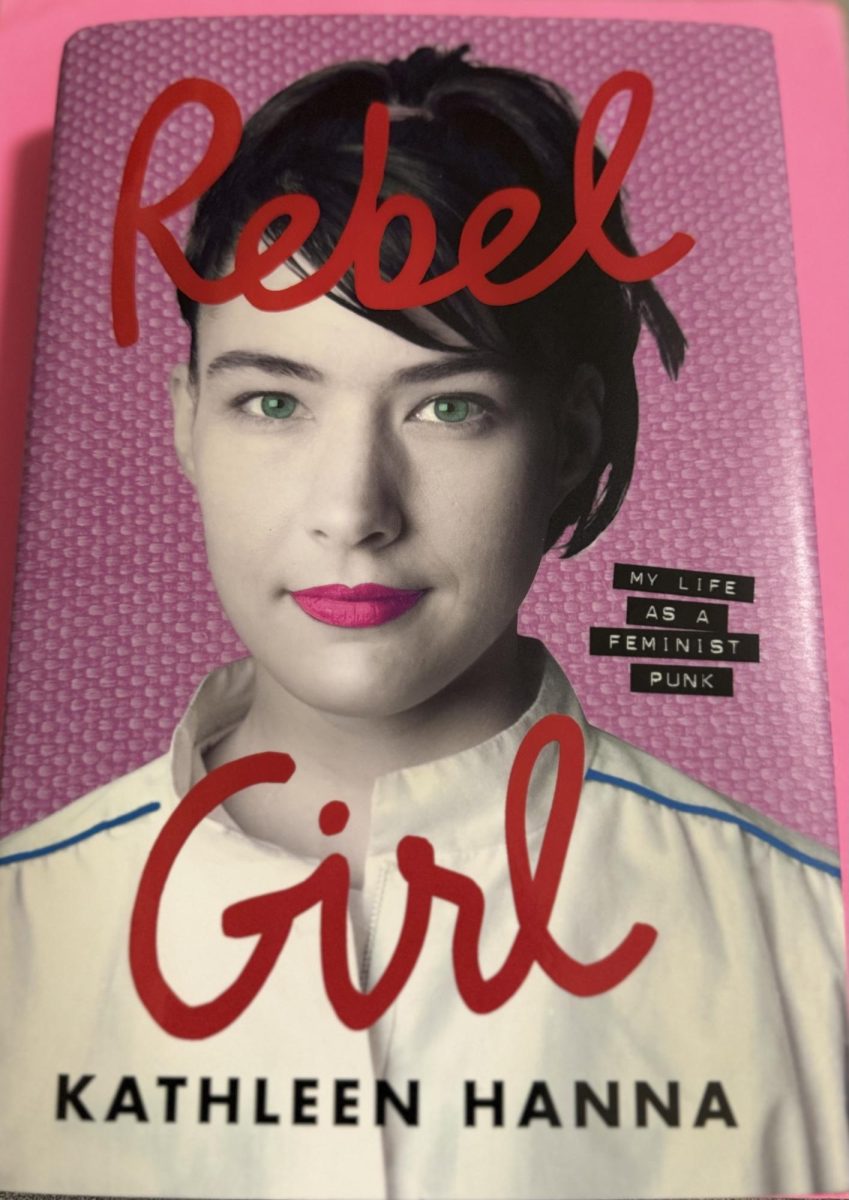


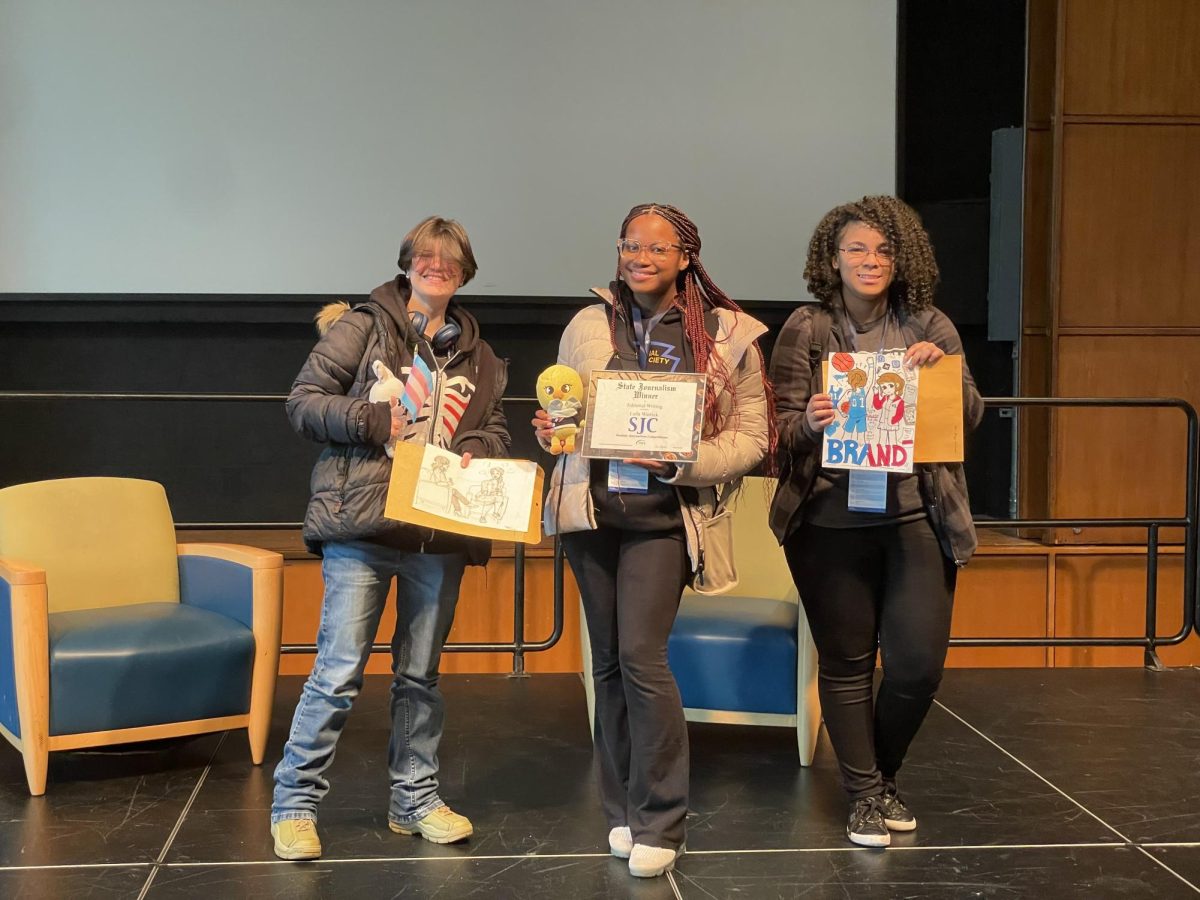
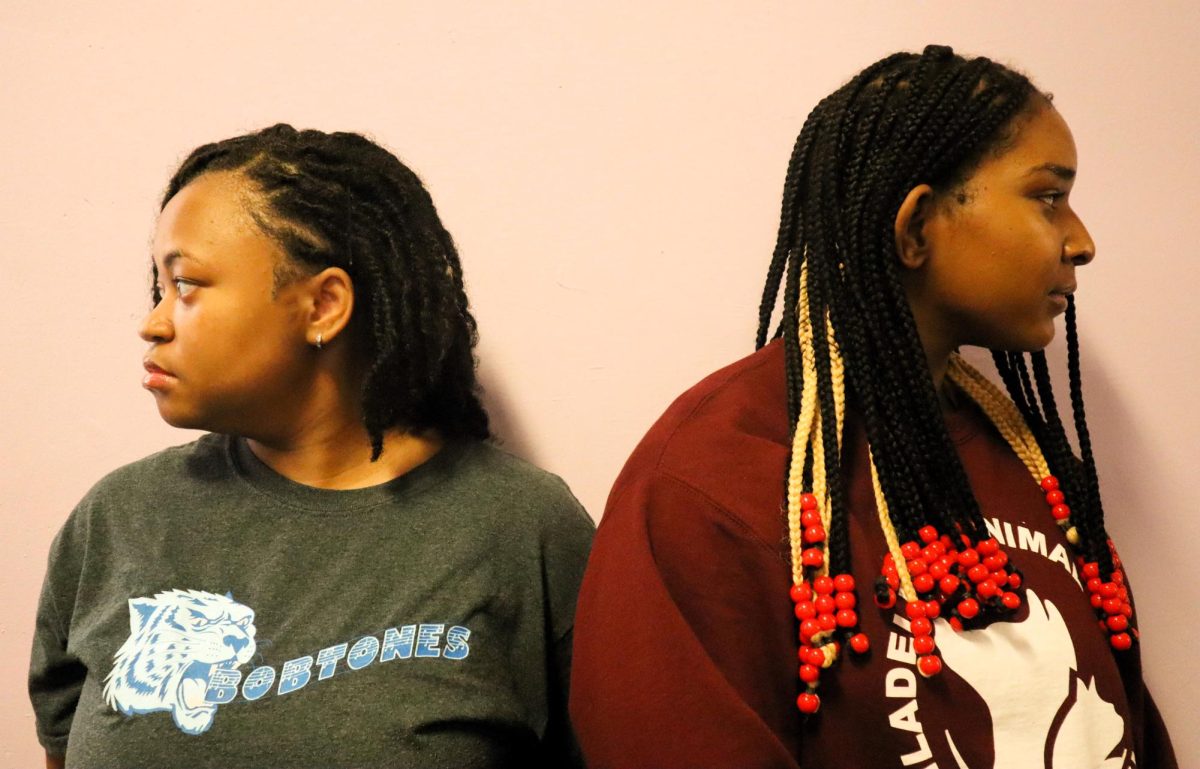
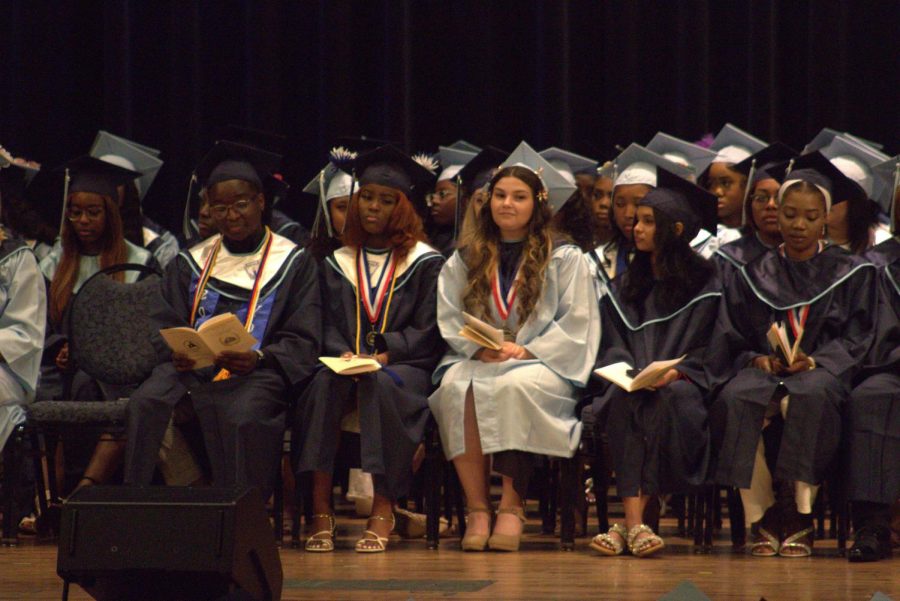
![[VIDEO] FLC 10th grade student awarded $40,000 in a BigFuture Scholarship](https://theflashflc.org/wp-content/uploads/2023/05/Screen-Shot-2023-05-02-at-4.39.10-PM-900x493.png)
![[VIDEO] Mayoral candidates campaign on student issues](https://theflashflc.org/wp-content/uploads/2023/04/IMG_1387-900x506.jpg)

